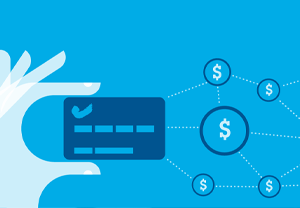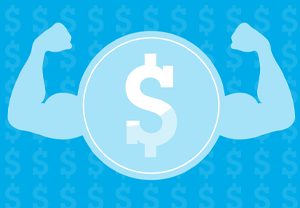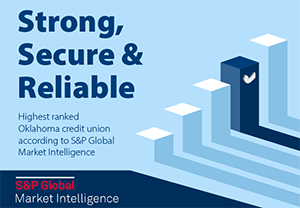Signals from the Federal Reserve indicate substantial rate hikes are on the horizon. As a result, loan rates will increase in tandem with moves by the Fed. In part, the Federal Reserve is considering drastic increases to slow inflation that has been caused by shortages of goods, low rates and increased demand. We want to let you know how these changes could impact your pocketbook. Primarily, we will focus on the following topics:
- How rates and economic factors impact home values.
- Adjustable-Rate Mortgages, commonly referred to as “ARMs”.
- Moves you can make to lower your monthly payment.
Home loan rates and home prices have historically had an inverse relationship. Meaning, when rates rise, home prices and values can stabilize or even decrease slightly. When rates fall, home prices typically rise. The swings in home prices and values are typically relative to the preceding cycle. For example, the recent increase in home prices and values was substantial. This means that a decrease or leveling off in prices and values has the potential to be larger than we have seen in the past, especially in Oklahoma and Kansas, where home values are typically stable. The rate/price relationship occurs because when rates are low, buyers can afford higher-priced homes, as interest is a smaller part of the monthly payment. This extra buying power encourages people to buy, which then drives up prices and purchasing slows. Recently, the combination of low rates coupled with materials and labor shortages worked in tandem to drive up prices. Now, materials prices are stabilizing, and rates are rising, so we expect decreased inflationary pressures on home prices
Rates on Adjustable-Rate Mortgages or ARM’s usually increase as market rates increase. The impact of market rate changes is dictated by the terms of the loan agreement, but you could see a substantial increase in your monthly payment because of rising rates. ARMs are attractive because they typically have initially lower rates and lower closing costs than conventional loans, but when rates go up, payments can increase, as a tradeoff. Refinancing to a fixed-rate mortgage protects against the payment volatility of an adjustable-rate loan. Talk with one of our real estate loan experts to see if refinancing makes sense for you.
Because home values are high, refinancing could save you money if you are paying Private Mortgage Insurance (PMI) on a conventional or FHA loan. Typically, PMI is tied to the loan-to-value at your time of purchase rather than your current loan-to-value. If your home value has increased since you purchased your home, you could be in a much better loan-to-value position, allowing you to drop PMI. This could reduce your monthly payment if you time your refinance before any potential value decrease.
To speak with an expert on any of these possible scenarios or for any real estate related question, contact CFCU’s team of home loan experts. Our advice is always free and we can help you make the choice that’s best for your situation.






